What is an Independent examination (IE)?
Independent examination is a form of external scrutiny suitable for smaller charities.
The role of the examiner is to provide an independent scrutiny of the accounts and, in this way, help maintain public trust and confidence in charities.
From: Independent examination of charity accounts: directions and guidance for examiners (CC32)
IE is a proportionate and less onerous form of external scrutiny for smaller charities: it is more appropriate for smaller charities than a costly audit designed for large companies.
An independent examiner carries out sufficient work to provide a negative assurance that:
- No evidence was found of a lack of accounting records;
- Nor of the accounts failing to reflect those records;
- Nor of the accounts failing to comply with the relevant legislation depending on which part of the UK you live in.
- No other matter needs to be reported, such as,
- There has been material expenditure outside the charity’s purpose;
- The examiner has not been given all the information they require;
- The Trustees Annual Report is inconsistent with the financial statements.
Independent Examinations are one important element in a larger system of regulation and scrutiny of charities. Charity law requires all trustees to prepare accounts for their charity. The trustees of registered charities must also prepare a trustees’ annual report. Combined, the report and accounts tell the Charity Regulator, donors and others what the charity is set up to do, what it has done in the year and how it raised and spent its money. The role of the examiner is to provide an independent scrutiny of the accounts and, in this way, help maintain public trust and confidence in charities.
For more details click on the following links specific to the three UK charity regulators:
|
Independent examination of charity accounts: directions and guidance for examiners (CC32) |
“..is a form of external scrutiny that provides a limited check on specific matters. This limited form of check (sometimes referred to as ‘negative assurance’) contrasts with an audit. The examiner is only required to confirm whether any material matters of concern have come to their attention, whilst an auditor is required to provide an opinion on whether a charity’s accounts provide a ‘true and fair view.” 1 |
| “...an independent examination involves reviewing the accounting records and the annual accounts of the charity and considering whether the annual accounts are a fair reflection of the underlying records. When carried out properly, an independent examination provides a degree of comfort that the figures in the accounts, including the Trustees’ Annual Report, present an accurate picture of the financial activity of the charity during the accounting period.” | |
|
Charity reporting and accounting: the essentials Northern Ireland |
“...An independent examination is a form of external scrutiny of the accounts which is less rigorous than an audit and offers an assurance that nothing has been found that needs to be brought to the attention of readers of the accounts. It does not offer the positive expression of a professional opinion based on an audit. Although independent examination is a simpler form of scrutiny than an audit, it still provides trustees, funders, beneficiaries, stakeholders and the public with an assurance . |
